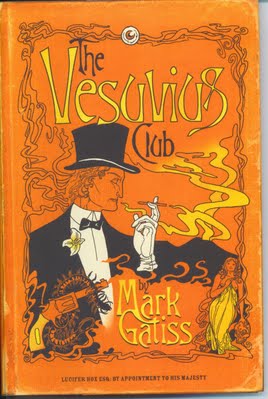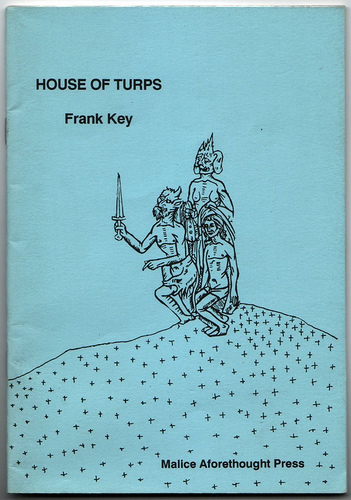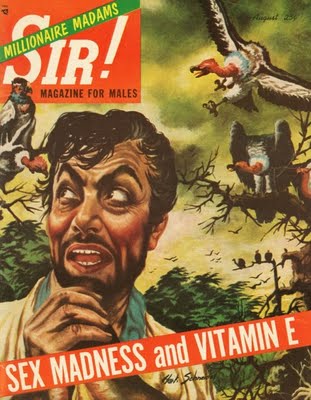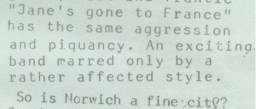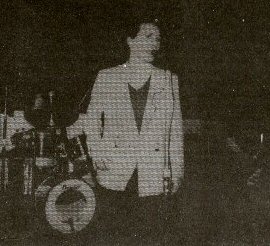Little did Sir Foljambe Junket suspect, as he was poised to dunk a Rich Tea biscuit into his piping hot cup of Darjeeling, that he was about to precipitate a series of events that would lead to the toppling of one of the great crowned heads of Europe, events involving a bewildering cast of Lascars, dacoits, thugs, assassins, diplomats, remittance men, bankers, parish constables, distressed gentlewomen, flappers, floozies, defrocked Jesuits, pastry chefs, princelings, Savoyards, cutthroats, bellringers, sots, wastrels, ragamuffins, street urchins, detectives, privateers, signalmen, costermongers, pedlars, peasants, boulevardiers, flaneurs, snake charmers, circus strongmen, footballers’ wives, cripples, mendicants, sisters of mercy, merry widows, bluestockings, bloated jantors, gumshoes, ski instructors, film directors, zanies, clowns, mountebanks, captains, my captains!, mavericks, cowpokes, jewel thieves, gentlemen callers, beldams, duennas, docents, governesses, papal nuncios, gold prospectors, mining engineers, stokers, undertakers’ mutes, chat show hosts, cashiered cadets, shanghaied sailors, brevet colonels, elephant hunters, expats, spies, irredentists, snowmen, chimney sweeps, gangmasters, snipers, balletomanes, aesthetes, charges d’affaires, rapporteurs, adulterers, divorcées, milkmen, struck-off doctors, discharged bankrupts, airmen, balloonists, hod carriers, birdwatchers, clock makers, traitors, Frankish kings, mothmen, athletes, sprinters, vampires, zombies, psychopaths, straw men, poetasters, boobies, nutters, wazirs, muftis, hunchbacks, ombudsmen, topers, gasmen, helots, hellions, hippies, swamis, gurus, rotogravurists, shamen, city slickers, minstrels, metallurgists, paviours, ravers, bohemians, Tundists, fishmongers, safe crackers, recusants, hermits, anchorites, movers and shakers and Quakers and bootblacks and boffins and henchmen and murderers and tallymen and bus conductors and even the Crown Prince himself. His biscuit hovering over the cup, Sir Foljambe paused before dunking. The thing about a Rich Tea biscuit, he thought, was that it had the consistency of cardboard and tasted of nothing. Dunked, it had the consistency of hot wet cardboard and still tasted of nothing. Of a sudden, with uncharacteristic impetuosity, he flung the biscuit across the room, where it clattered against the wainscot and broke into smithereens. Did he but know it, the aged grandee had, at the eleventh hour, averted a series of events that would have led to the toppling of one of the great crowned heads of Europe, events involving a bewildering cast of Lascars, dacoits, thugs, assassins, diplomats, remittance men, bankers, parish constables, distressed gentlewomen, flappers, floozies, defrocked Jesuits, pastry chefs, princelings, Savoyards, cutthroats, bellringers, sots, wastrels, ragamuffins, street urchins, detectives, privateers, signalmen, costermongers, pedlars, peasants, boulevardiers, flaneurs, snake charmers, circus strongmen, footballers’ wives, cripples, mendicants, sisters of mercy, merry widows, bluestockings, bloated janitors, gumshoes, ski instructors, film directors, zanies, clowns, mountebanks, captains, my captains!, mavericks, cowpokes, jewel thieves, gentlemen callers, beldams, duennas, docents, governesses, papal nuncios, gold prospectors, mining engineers, stokers, undertakers’ mutes, chat show hosts, cashiered cadets, shanghaied sailors, brevet colonels, elephant hunters, expats, spies, irredentists, snowmen, chimney sweeps, gangmasters, snipers, balletomanes, aesthetes, charges d’affaires, rapporteurs, adulterers, divorcées, milkmen, struck-off doctors, discharged bankrupts, airmen, balloonists, hod carriers, birdwatchers, clock makers, traitors, Frankish kings, mothmen, athletes, sprinters, vampires, zombies, psychopaths, straw men, poetasters, boobies, nutters, wazirs, muftis, hunchbacks, ombudsmen, topers, gasmen, helots, hellions, hippies, swamis, gurus, rotogravurists, shamen, city slickers, minstrels, metallurgists, paviours, ravers, bohemians, Tundists, fishmongers, safe crackers, recusants, hermits, anchorites, movers and shakers and Quakers and bootblacks and boffins and henchmen and murderers and tallymen and bus conductors and even the Crown Prince himself.

